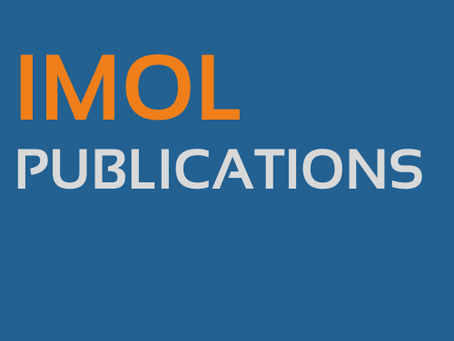Mehlich et al. identified the novel functions of protein kinase MLK4 in promoting chemoresistance to triple-negative breast cancer (TNBC), the most aggressive subtype of breast cancer.
The group discovered that inhibiting MLK4 sensitizes TNBC cells to DNA damaging agents, such as doxorubicin, a commonly used drug in breast cancer treatment. The team also showed the novel mechanisms through which MLK4 drives chemoresistance. They described that this kinase plays a significant role in activating the DNA damage response pathway and the pro-survival signalling in cancer cells. These findings pave the way towards developing novel, more specific MLK4 inhibitors that can be used to overcome TNBC chemoresistance and improve treatment outcomes in TNBC patients.
The study has been developed in the Laboratory of Molecular OncoSygnalling led by Dr Anna Marusiak.
The paper is available at:
https://www.nature.com/articles/s41419-021-04405-0
Reference: Mehlich D., Łomiak M., Sobiborowicz A., Mazan A., Dymerska D., Szewczyk Ł., Mehlich A., Borowiec A., Prełowska M., Gorczyński A., Jabłoński P., Iżycka-Świeszewska E., Nowis D., Marusiak A. (2021) MLK4 regulates DNA damage response and promotes triple-negative breast cancer chemoresistance. Cell Death and Disease, 12:1111. Correspondence: Anna A. Marusiak


